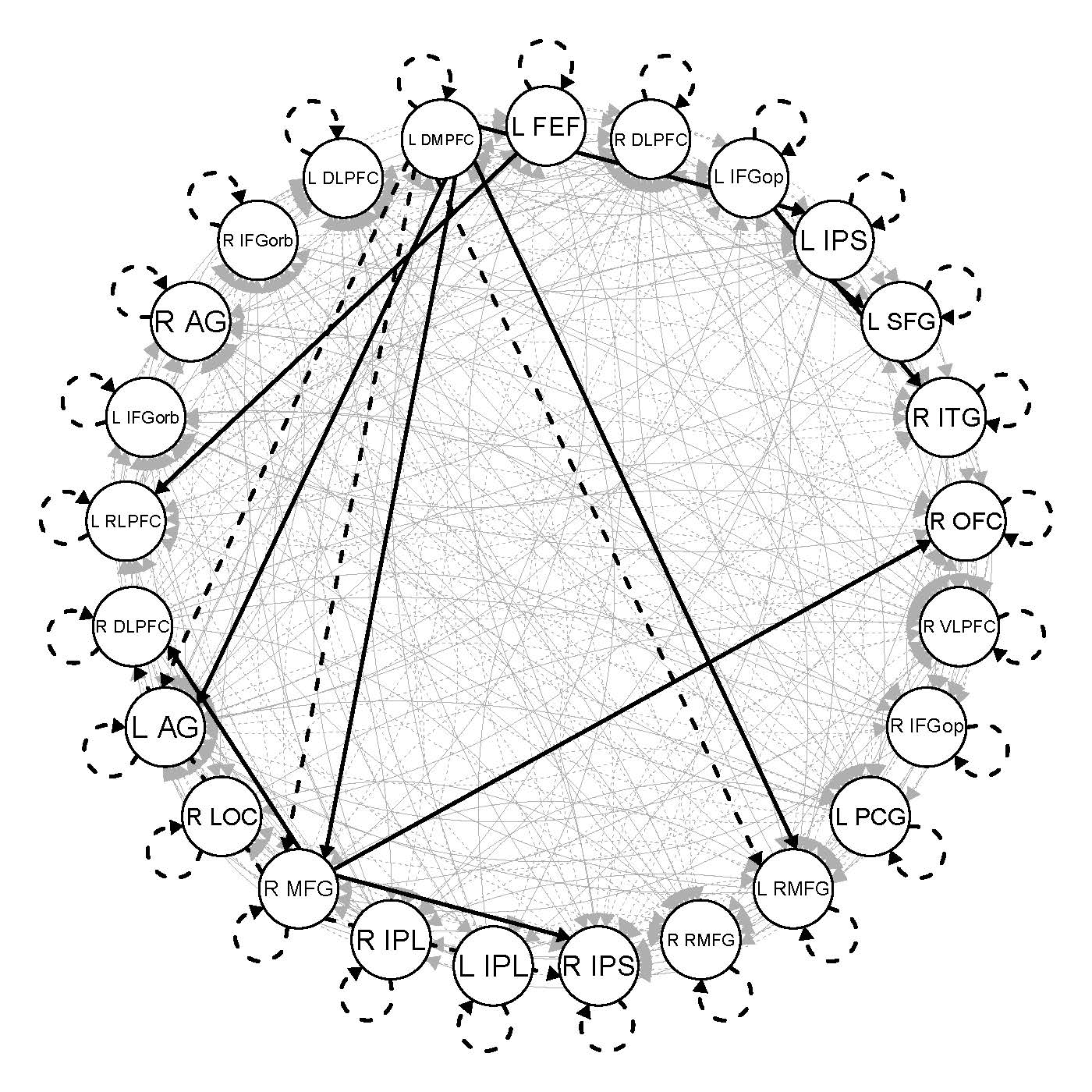The goal of my research is to leverage network analysis techniques to uncover how the brain mediates sex hormone influences on gendered behavior across the lifespan. Specifically, my data science research concerns the creation and application of person-specific connectivity analyses, such as unified structural equation models, to time series data; these are intensive longitudinal data, including functional neuroimages, daily diaries, and observations. I then use these data science methods to investigate the links between androgens (e.g., testosterone) and estradiol at key developmental periods, such as puberty, and behaviors that typically show sex differences, including aspects of cognition and psychopathology.

